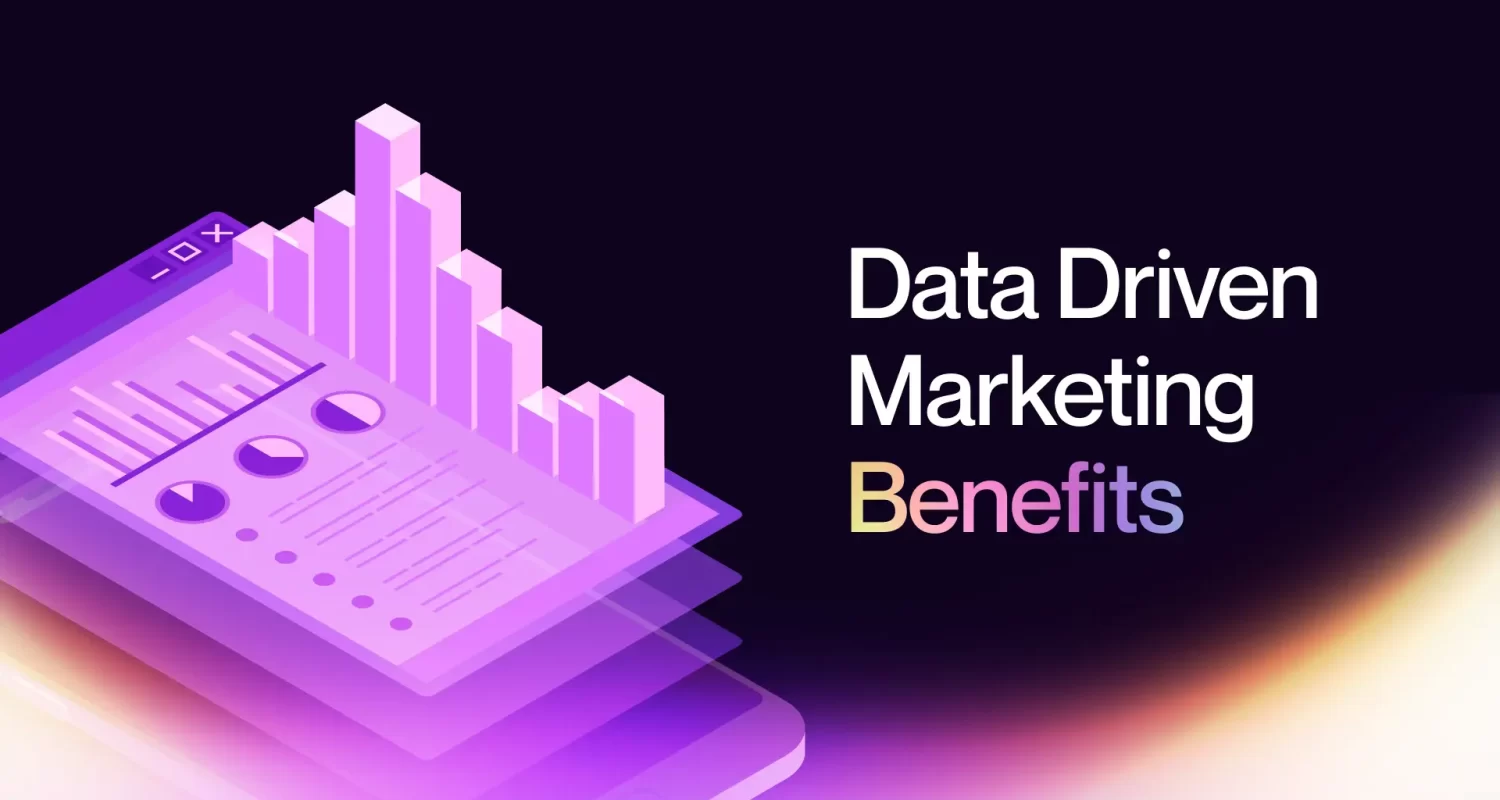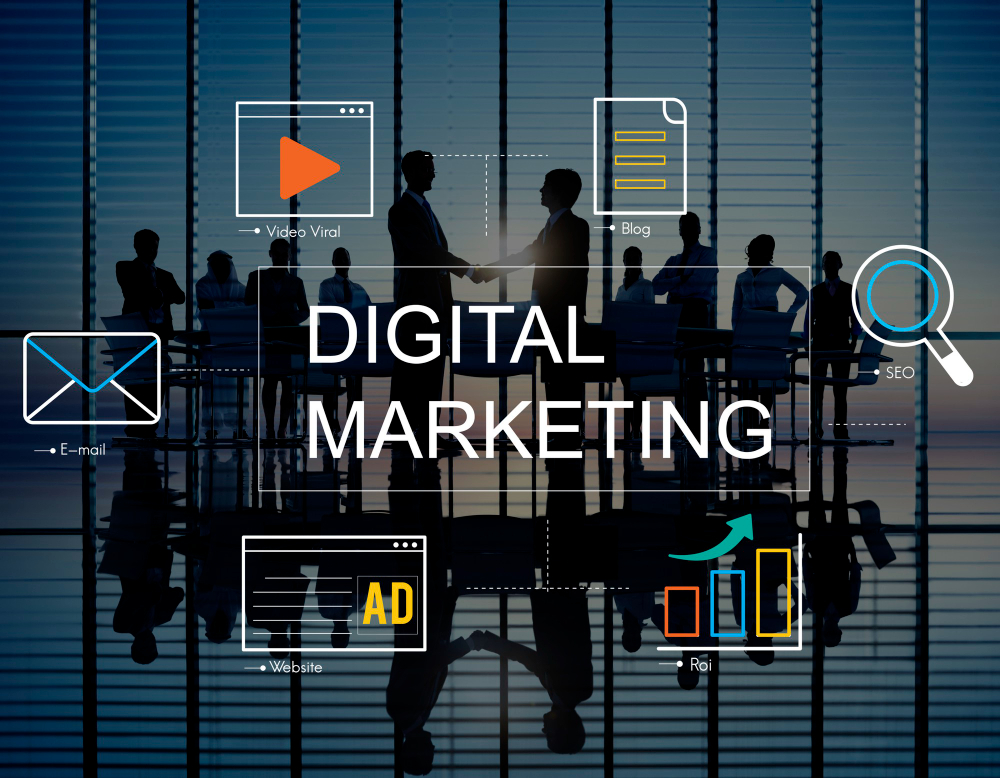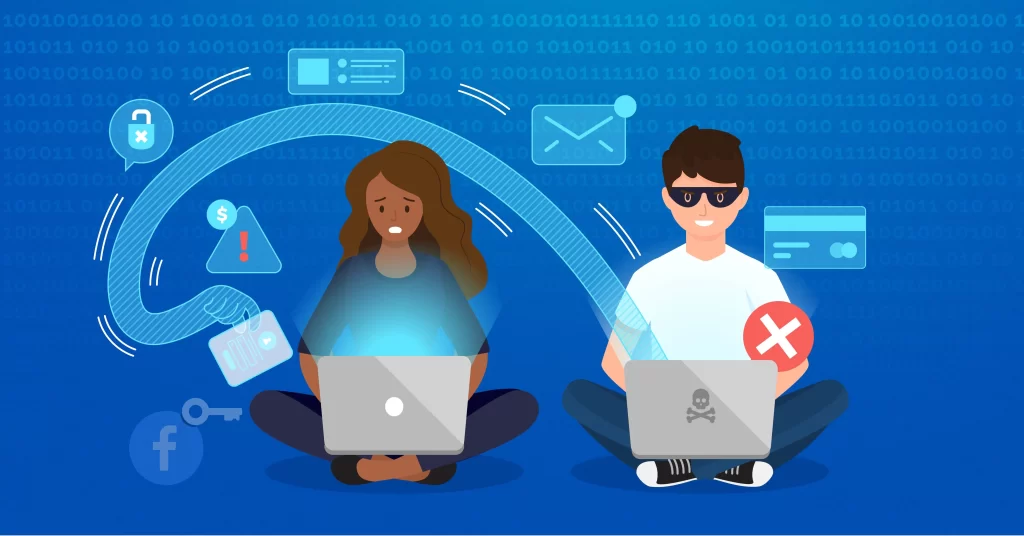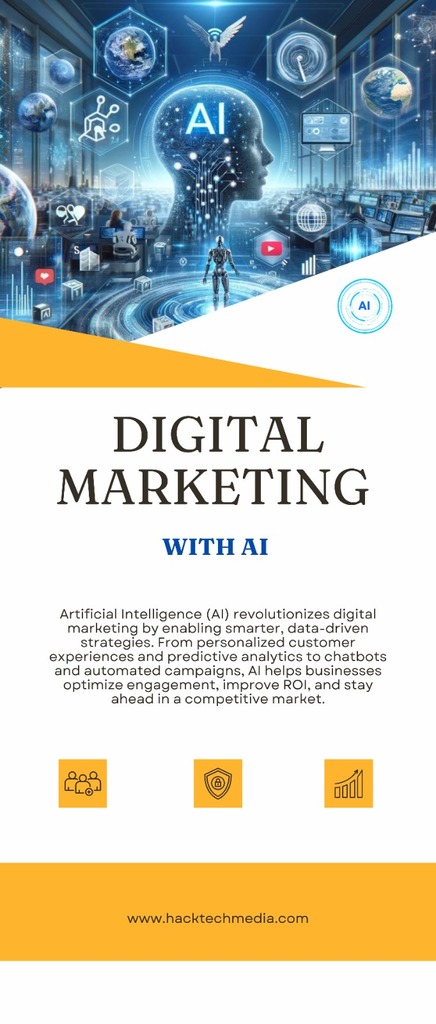
In today’s highly competitive market, businesses must go beyond traditional marketing methods to stand out. One of the most effective ways to engage consumers and drive results is through personalization in marketing. By using data-driven marketing techniques, brands can create more relevant and personalized experiences for their customers. This not only increases engagement but also fosters long-term loyalty. In this article, we’ll explore how businesses can harness the power of data-driven marketing strategies to deliver personalized campaigns that resonate with their audience.
Why Personalization in Marketing Matters
In the digital age, consumers expect personalized experiences. Whether it’s a product recommendation based on past purchases or tailored content that speaks to their unique needs, personalization has become a key factor in customer satisfaction. Personalization in marketing helps brands deliver the right message to the right person at the right time, increasing the chances of conversion.
Personalized marketing is more than just addressing customers by their names; it’s about understanding their behaviors, preferences, and interactions with your brand. By leveraging customer data, brands can create highly targeted messages that speak directly to the individual’s needs, leading to more meaningful interactions and improved customer loyalty.
Data-Driven Marketing Strategies
To implement successful data-driven marketing strategies, businesses need to collect and analyze relevant data about their customers. This includes demographics, purchase history, browsing behavior, and engagement patterns across various channels. Data is the foundation for creating personalized experiences, allowing brands to segment their audience and tailor their marketing efforts accordingly.
Some effective data-driven marketing techniques include:
- Segmentation: Divide your audience into specific groups based on shared characteristics like age, location, or behavior.
- Predictive Analytics: Use historical data to predict future behavior, allowing for proactive marketing.
- Dynamic Content: Create personalized content that changes based on the viewer’s preferences or behaviors.
These strategies enable marketers to deliver more relevant and timely messages, ultimately leading to higher engagement and conversions.
How to Personalize Marketing
How to personalize marketing is a question many brands are exploring today. Here are key steps to implement a successful personalized marketing strategy:
- Collect Data: Start by gathering data from multiple sources, such as website interactions, social media, email campaigns, and customer purchase history.
- Segment Your Audience: Use data to segment your audience based on their preferences, demographics, and behaviors. This allows you to create tailored messages that speak directly to the needs of each group.
- Leverage Automation: Use marketing automation tools to deliver personalized content at scale. Automation helps you send targeted emails, push notifications, and ads to the right audience at the right time.
- Optimize Content: Personalization also involves customizing the content based on user preferences. Use dynamic content in emails, websites, and ads to provide a more personalized experience.
- Test and Refine: Continuously test your personalized campaigns using A/B testing to see what resonates best with your audience and refine your approach based on data insights.
By following these steps, businesses can create personalized marketing campaigns that speak directly to the needs of individual customers, leading to higher engagement and better results.
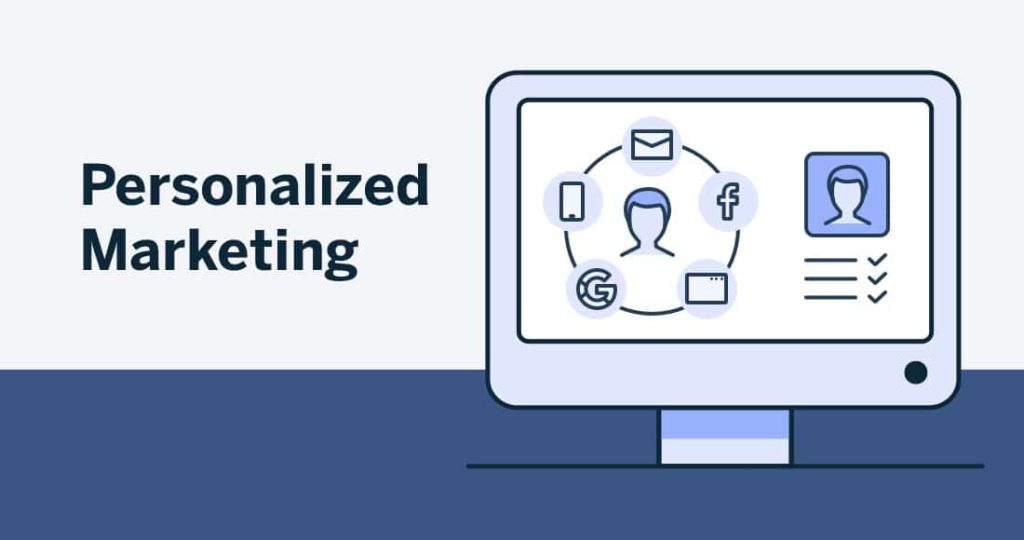
Personalized Marketing Campaigns that Work
Successful personalized marketing campaigns are those that resonate deeply with the target audience. By delivering tailored content, brands can create more memorable experiences. Here are a few examples of personalized campaigns:
- Netflix: By analyzing viewing history, Netflix provides personalized recommendations to each user, increasing engagement and customer retention.
- Amazon: The e-commerce giant uses purchase and browsing history to offer personalized product recommendations, making the shopping experience more relevant and increasing sales.
- Spotify: Through their “Discover Weekly” playlist, Spotify delivers a personalized selection of music based on user preferences, keeping users engaged with the platform.
These brands have mastered the art of personalization by leveraging data to create individualized experiences that keep customers coming back.
Customer Personalization: The Key to Long-Term Loyalty
One of the biggest advantages of customer personalization is the potential to build long-term customer loyalty. Personalized interactions make customers feel valued, increasing the likelihood of repeat purchases and fostering a strong connection with the brand. Customers are more likely to stick with a brand that understands their needs and delivers relevant content and offers.
Moreover, personalized experiences can lead to positive word-of-mouth recommendations, as customers who feel understood by a brand are more inclined to share their experiences with others.
Marketing Personalization Tools
To execute effective personalization in marketing, businesses need the right tools to collect, analyze, and act on customer data. There are several marketing personalization tools that can help:
- CRM Systems: Customer Relationship Management (CRM) platforms allow businesses to track customer interactions and segment audiences for personalized marketing.
- Email Marketing Tools: Platforms like Mailchimp and HubSpot allow for personalized email campaigns based on customer data.
- Behavioral Analytics: Tools like Google Analytics and Mixpanel help brands understand user behavior on their website and mobile apps to deliver personalized content.
These tools enable businesses to streamline the personalization process and ensure they are delivering the right message to the right audience.
Data Analytics in Marketing
Data analytics in marketing plays a crucial role in personalization. By analyzing customer data, brands can uncover valuable insights into their customers’ preferences, behaviors, and needs. This data can then be used to create more targeted and effective marketing campaigns.
Data analytics can also help marketers track the performance of their campaigns in real-time, allowing for continuous optimization. For example, by analyzing which personalized emails or ads are driving the most engagement, marketers can refine their strategies and allocate resources more effectively.
Conclusion
The power of personalization in marketing lies in its ability to create more meaningful, relevant, and engaging experiences for customers. By adopting data-driven marketing strategies, brands can not only boost engagement but also drive long-term customer loyalty. With the right marketing personalization tools and a strategic approach to leveraging customer data, businesses can create campaigns that resonate deeply with their audience, leading to better results and a stronger brand-customer relationship.
Whether you’re just starting to explore data-driven marketing or looking to refine your approach, embracing the power of personalization is key to staying competitive in today’s market.

